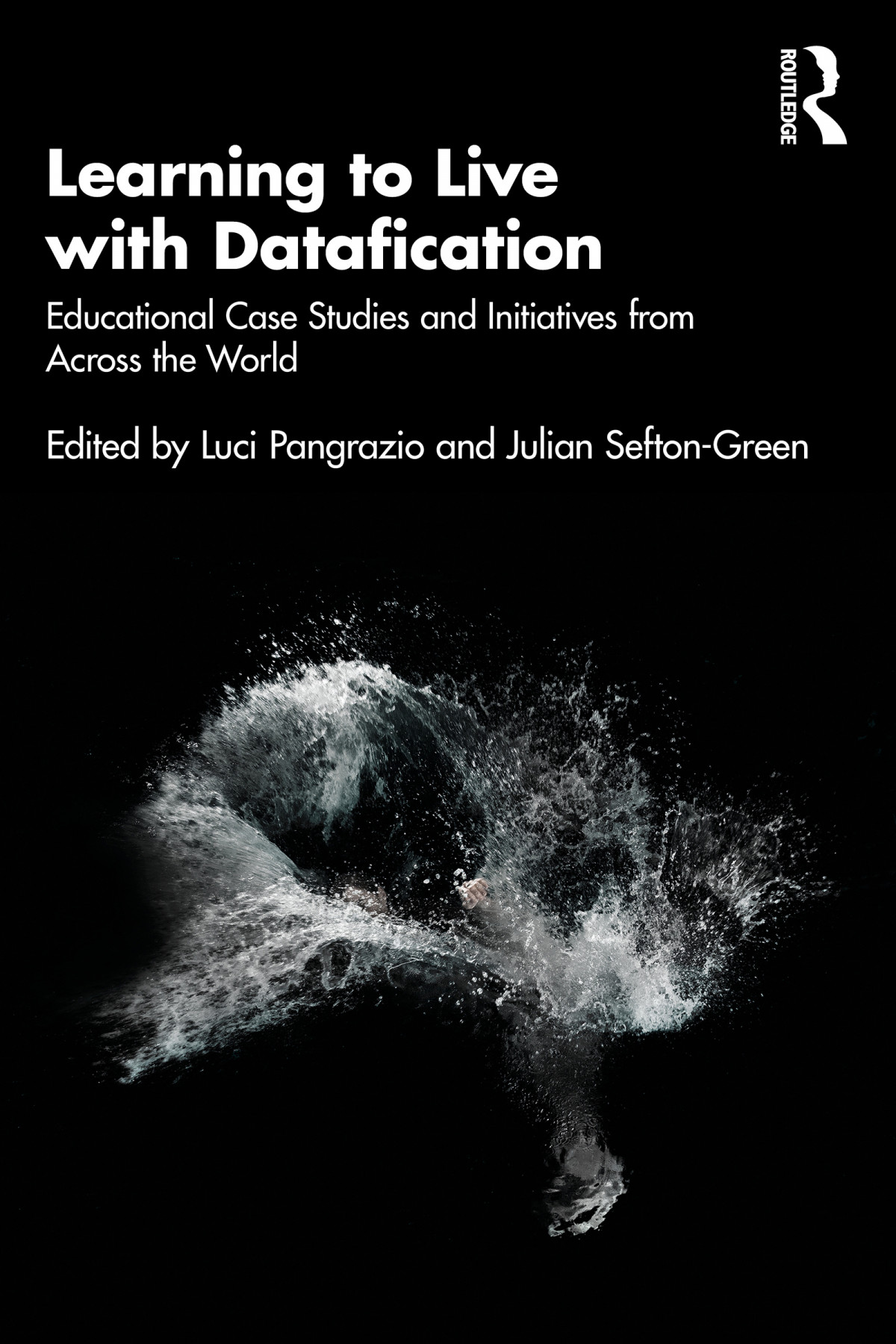"...The digitalization of education should be geared towards a better implementation of the right to education for all, where it is demonstrated that it brings a significant added value. In this regard, it is important to understand the profit-driven agenda of digital technology lobbyists and companies. In addition, the digitalization of education should not increase inequalities and benefit already privileged segments of societies only or lead to violations of other human rights within education, in particular the right to privacy...."
digital skills
[EN] Here is a compilation of the joint publications (chapters, global reports, studies) elaborated or published during the last year or so. Most of them discuss the role of digital technologies, education policies, the impact of COVID in education, remote learning, privacy, among others. [SP] Aquí una compilación de las publicaciones conjuntas (capítulos, informes globales, estudios) elaboradas y publicadas durante el último año. En la mayoría exploramos el papel de las tecnologías digitales, las políticas educativas, el impacto del COVID en la educación, el aprendizaje remoto, la privacidad, entre otros.
There is a growing body of research focused on the importance of artificial intelligence, computer networking, game development, mobile application development, cybersecurity, today are expected to represent a larger portion of the labor market in the coming decade. All these capacities require not only being able to read and write code (like programming, which can be done by machines), but also and even more important perhaps is the capacity to unpack the software or the tech systems we use (decoding). This idea of "deconstruction", borrowed from the philosophy, is critical to understand how algorithms are built, identify bugs in the system, recognize bias, and problems with functionality but also how they can affect people or affect different groups of users.


